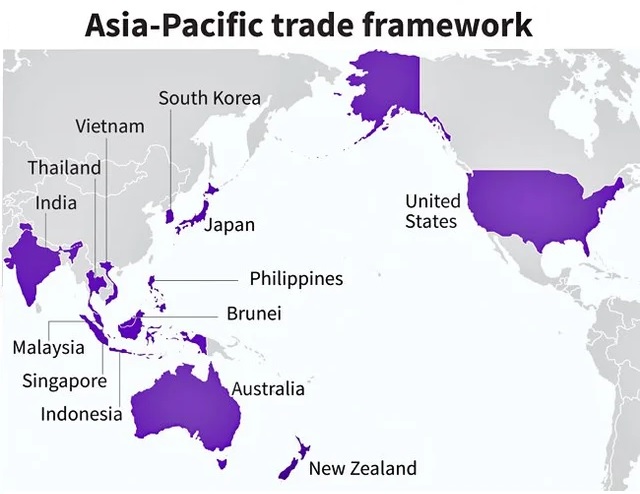7667766266
enquiry@shankarias.in
The Indo-Pacific Economic Framework, launched by United States President Joe Biden is being joined by 12 other countries including India.

References